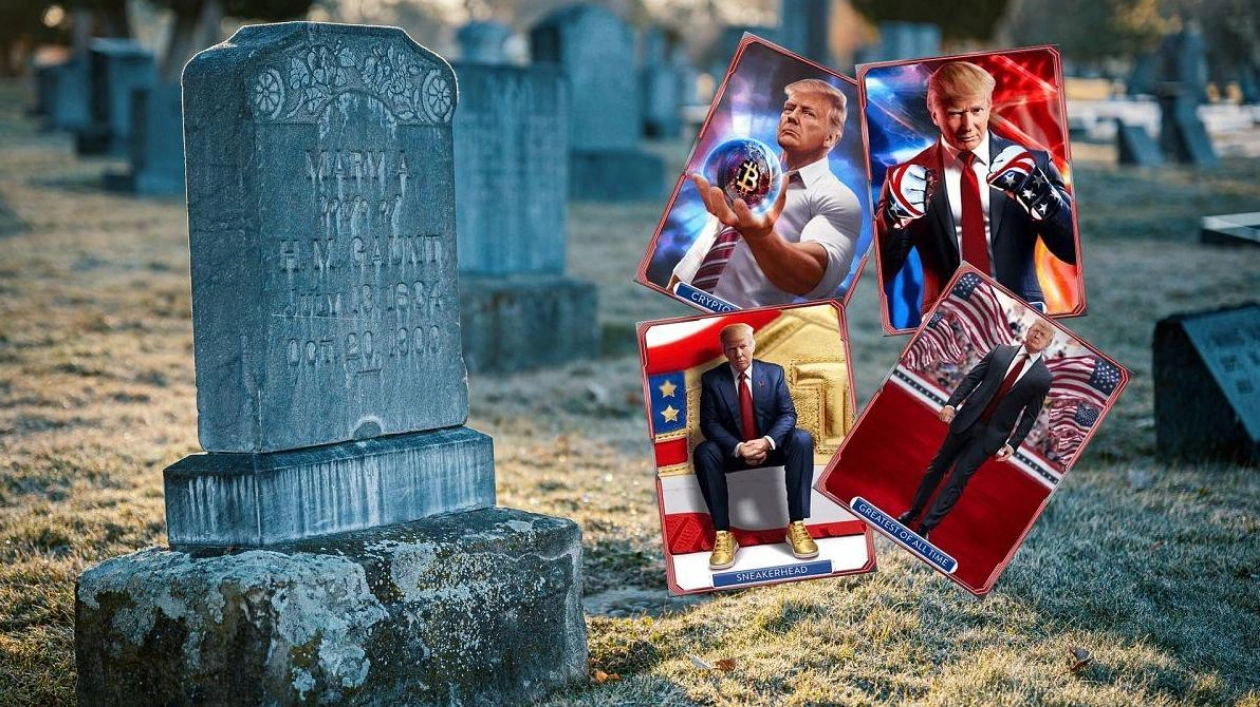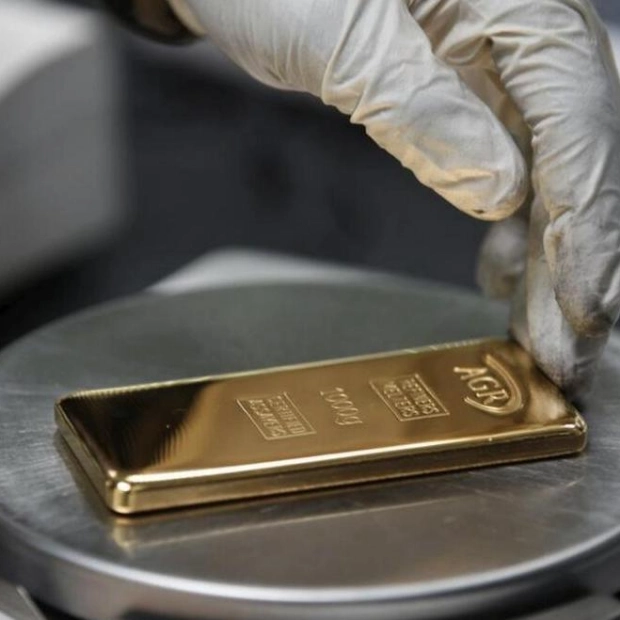Last month, former US President Donald Trump unveiled a new set of digital trading cards, a move typical of his marketing style on his Truth Social platform. Priced at $99 (€90) each, the cards come with a unique offer: purchasing 15 or more grants you an actual physical card featuring a fragment of the suit he wore during his debate with Joe Biden. This isn’t Trump’s first foray into digital trading cards; his 2022 collection sold out within hours, raking in a substantial $4.5 million (€4.1 million). Nor is it his first attempt to capitalize on his loyal supporters. Earlier this year, he promoted a $60 ‘God Bless the U.S.A. Bible’, allegedly the only King James Bible endorsed by the ex-president. He’s also leveraged his highly publicized mugshot from Fulton County Jail to sell coffee mugs, T-shirts, and more trading cards. These tactics suggest a financially strained presidential hopeful, despite his billionaire bravado.
While the promise of non-fungible token (NFT) collector cards made sense as a value proposition in 2022, their appeal has waned. Dr. John Hawkins, a senior lecturer at the University of Canberra, notes that NFTs experienced a boom and bust in 2022 due to the Covid-19 lockdowns. “Their value has not recovered,” he adds, pointing to the NFT market’s peak capitalization nearing trillions of dollars in 2022, which has now plummeted to near zero. The most recent trading data from the Block shows a stark decline, with just $67.93 million (€62.03 million) recorded from 29 September to 6 October, a mere 2% of the 2021 figure.
The Bored Ape NFTs, once promoted by celebrities like Eminem, Post Malone, Madonna, and Paris Hilton, exemplify this trend. Initially touted as lucrative digital art investments, these stars have since gone quiet about their NFT holdings. The public, lured by the promise of quick riches, has seen the value of these NFTs crash. “There are a lot of buyers that were burnt the first time who may be very reluctant to try again,” Hawkins explains. While Bitcoin has recovered from previous crashes, NFTs lack the same functional use-case, primarily serving as status symbols for digital images, which are easily replicated.
Despite the declining NFT market, Trump’s latest venture might still be financially rewarding due to his massive fan base and media access. “Ultimately, they are a speculative asset with no underlying value that generates no cash flow,” Hawkins notes. However, if Trump wins the presidency, the value of these cards could skyrocket, similar to the value of his Truth Social platform.






